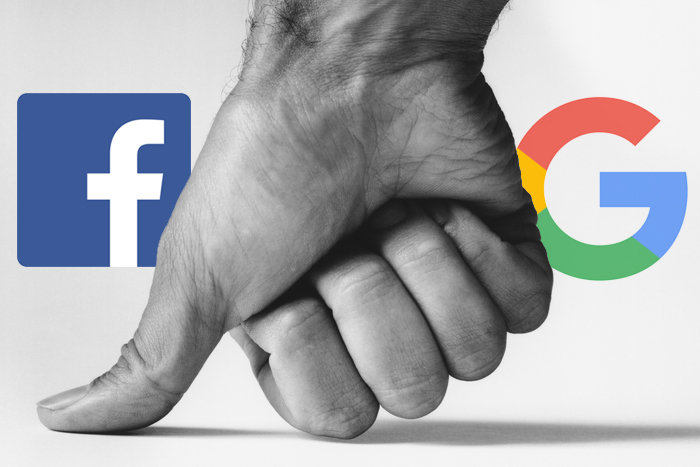Facebook might be at the center of the most important user privacy breach scandal in recent history, but don’t think for a second that Google isn’t somewhat worried about the whole matter. It’s likely that lawmakers around the world might come up with new regulations for internet companies in the aftermath of the Cambridge Analytica scandal. This will affect not just Facebook, but also Google, and every other tech giants that monitor and save any kind of data.
Google, too, collects plenty of user data, maybe even more than Facebook does. And it does it for the same reason: to sell better-targeted ads. The customer, meanwhile, agrees to hand over that data in return for all the great software that’s available from Google for “free.” But if you freaked out over the amount of information Facebook harnesses from its users, wait until you see what Google is capable of.
Would Google share any of that data with others? Well, how do you think Facebook was able to log all those calls and text messages on Android devices?
You can easily download all the data Facebook has on you and inspect it. Google also has a similar tool in place. After being sued by 38 states, Google admitted that its cars were not just taking pictures, in fact, they were collecting data from inside homes and structures, including passwords, emails, and other personal information.
The number of people whose information was improperly shared with Cambridge Analytica by Facebook: 87 million. Meanwhile, back in 2014, Google was sued over commingling of user data across different platforms and disclosing that data to advertisers without permission. In addition, Google Home Mini records your home at all times even if you don’t say “OK Google.” This software flaw has been subsequently fixed by Google.
To conclude, we can say that Facebook deserves to be accused and should be ashamed of how they handle users’ private data. But Google has taken control of our lives as well, everything we do is recorded by Google and the tech titan holds all your personal information.
So what do you think? Should we stand for our right to privacy?












